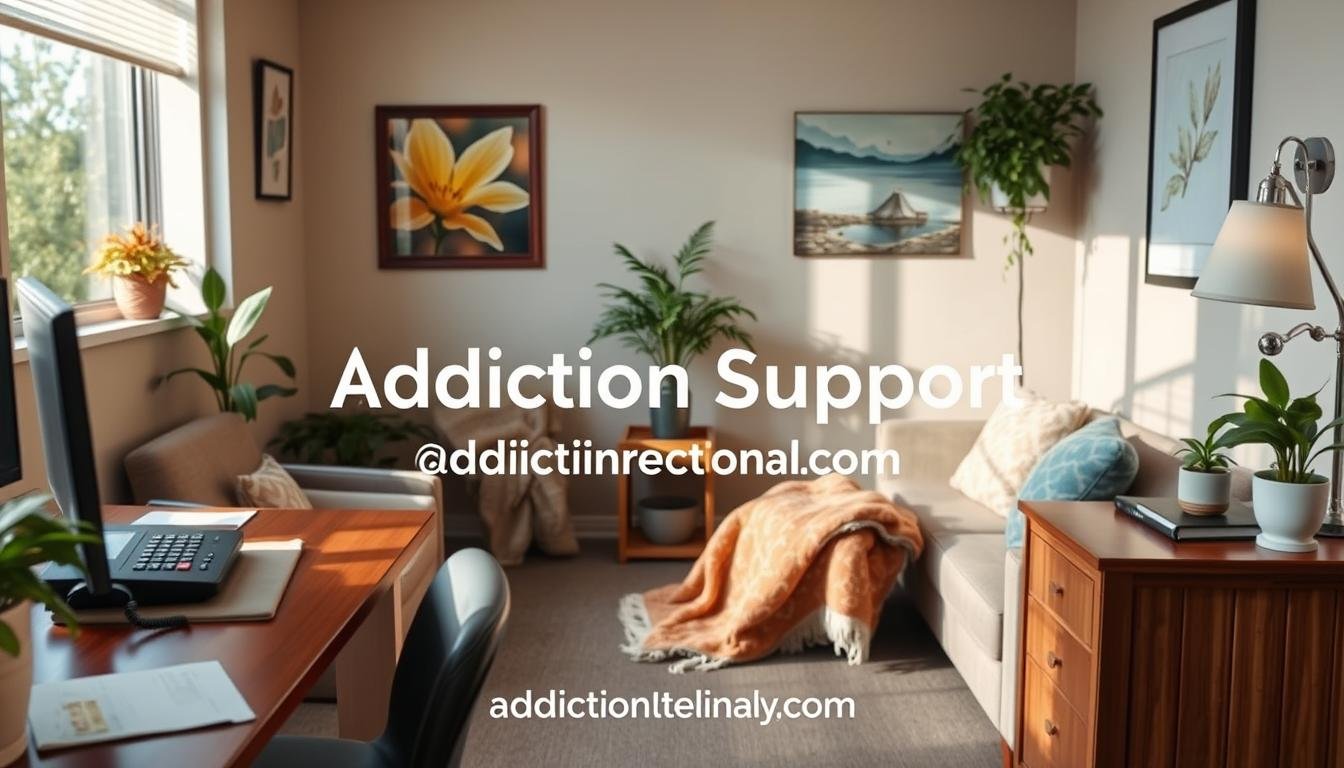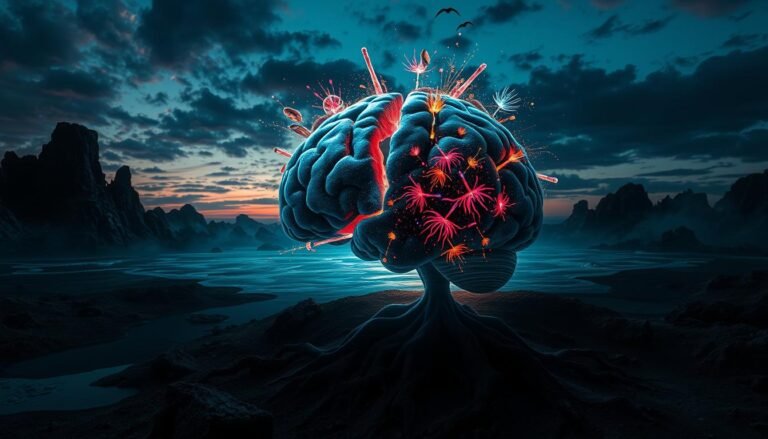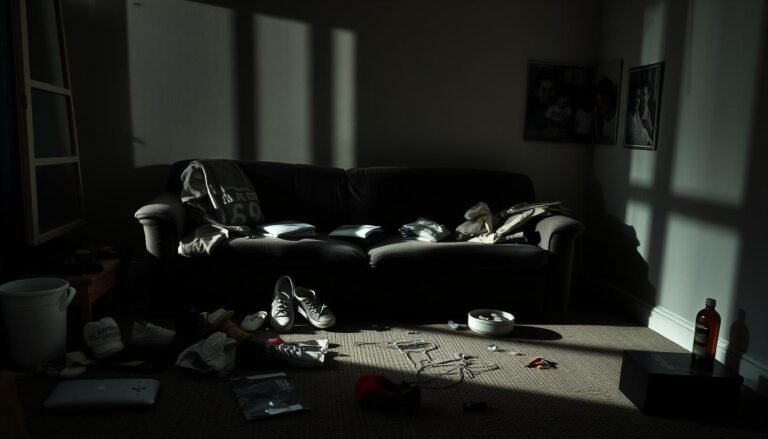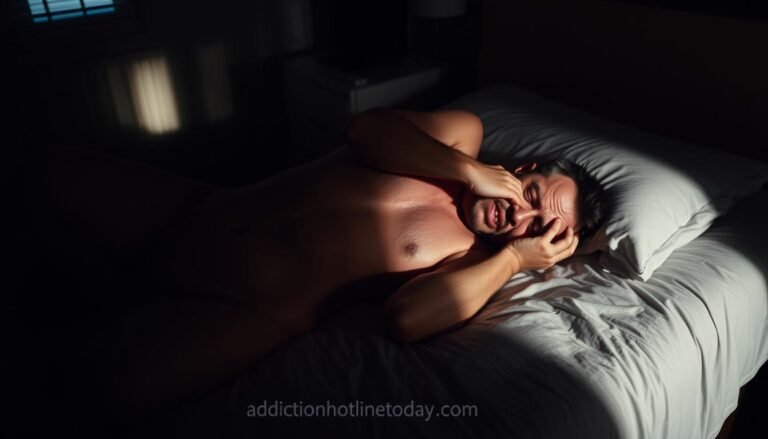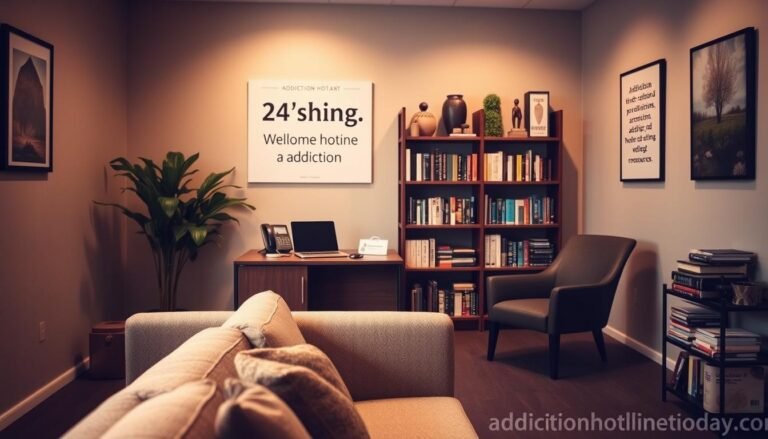Diazepam Addiction Hotline – Get Help Today
Struggling with diazepam dependency? Help is just a phone call away. A diazepam addiction hotline offers immediate support for those battling Valium abuse. These lifelines connect you with professionals who understand benzodiazepine dependency.
Professionals are ready to guide you towards recovery. They provide a beacon of hope in your darkest moments. Your journey to healing starts with a simple call.
Diazepam misuse is alarmingly common. In 2020, doctors wrote nearly 5 million prescriptions for this potent benzodiazepine. Over 17% of all benzodiazepine use is misuse.
If you’re part of this statistic, you’re not alone. A Valium abuse helpline is available 24/7. They offer free, confidential support to guide you towards recovery.
Benzodiazepine dependency can affect anyone, regardless of age or background. Adults aged 50 to 64 show the highest use rate. Those between 18 and 25 report the highest misuse.
A benzodiazepine dependency support line is ready to listen and help. Reaching out is the first step towards reclaiming your life. Don’t hesitate to call for support.
Key Takeaways
- Diazepam addiction hotlines provide immediate, confidential support
- Nearly 5 million diazepam prescriptions were written in 2020
- Over 17% of benzodiazepine use is classified as misuse
- Adults 50-64 have the highest use rate of benzodiazepines
- 24/7 support is available for those struggling with Valium abuse
- Reaching out for help is the crucial first step in recovery
Understanding Diazepam Addiction and Its Impact
Diazepam, or Valium, is a strong anti-anxiety drug that can be addictive if misused. It calms the central nervous system, but its power can lead to dependency.
What is Diazepam and How Does it Work
Doctors prescribe diazepam for anxiety, muscle spasms, and seizures. It’s a long-acting drug that changes brain chemicals to reduce stress and promote relaxation.
On the street, people call it Vs, Yellow Vs (5 mg), Blue Vs (10 mg), and tranks.
Signs of Diazepam Dependency
Spotting diazepam addiction is key to getting help. Watch for these signs:
- Needing larger doses for the same effect
- Strong cravings for the drug
- Isolation from family and friends
- Continued use despite problems
- Neglecting responsibilities
Quitting can be risky due to withdrawal symptoms. Professional help is often needed for recovery.
Prescription drug abuse counseling can be crucial in overcoming addiction.
Statistics and Current Trends
Anti-anxiety medication addiction is becoming more common. Recent data reveals:
| Statistic | Value |
|---|---|
| People misusing prescription benzodiazepines (2020) | 4.8 million |
| Individuals misusing diazepam (2020) | 971,000 |
| Fake pills containing lethal fentanyl doses | 2 out of 5 |
These numbers show how important it is to address diazepam addiction. Seeking proper treatment is crucial for recovery.
Diazepam Addiction Hotline: Your Lifeline to Recovery
Struggling with diazepam addiction can be tough, but help is available. Addiction recovery hotlines connect you with experts who understand your challenges. These services link those in need to substance abuse treatment programs.
The National Drug Helpline at 844-289-0879 offers free, confidential support 24/7. In New Jersey, call (888) 409-5356 for round-the-clock assistance. These hotlines provide a safe space to discuss concerns and explore treatment options.
“Addiction hotlines aim to provide immediate support and guidance to individuals facing substance abuse challenges.”
When you call, expect compassionate listeners ready to help. They’ll ask about your situation, substance use history, and any withdrawal symptoms. This helps them tailor their guidance to your needs.
| Common Questions Asked by Hotlines | Purpose |
|---|---|
| Current substance use | Assess immediate risk |
| Duration of use | Understand addiction severity |
| Withdrawal symptoms | Determine medical needs |
| Past treatment experiences | Guide future treatment plans |
| Support network | Evaluate available resources |
Reaching out to an addiction recovery hotline is a brave first step. These services prioritize your privacy and confidentiality. You can seek help without fear of judgment or disclosure.
What to Expect When Calling a Benzodiazepine Hotline
Calling a 24/7 addiction helpline for benzodiazepine support can change your life. Caring professionals are ready to guide you through the process. They provide drug addiction support and help you take the first step.
Initial Assessment Process
Helpline staff will conduct a brief assessment during your call. They’ll ask about your diazepam use and other substances you might be taking. They’ll also inquire about your mental health to understand your situation better.
Confidentiality and Privacy Measures
Your privacy is a top priority. All information shared during the call is kept strictly confidential. This allows you to speak openly about your concerns without fear.
Available Support Services
The hotline offers a range of support services:
- Information on addiction signs and health effects
- Guidance on recognizing overdose symptoms
- Details about treatment options
- Help with insurance coverage questions
- Connections to local benzodiazepine addiction resources
Calling a benzodiazepine hotline is a brave first step towards recovery. These services provide immediate support and guidance. They help you find the assistance you need to start your journey.
| Benzodiazepine Facts | Statistics |
|---|---|
| FDA-approved benzodiazepines in the U.S. | Approximately 15 |
| Increase in anti-anxiety prescriptions during COVID-19 | Over 34% |
| Opioid overdoses involving benzos | More than 30% |
| Benzodiazepine hospitalizations in New Jersey (2017) | 1,498 |
24/7 Emergency Support and Crisis Intervention
Immediate help is crucial during a diazepam crisis. Emergency services offer a lifeline for those struggling with addiction or overdose. They connect people to addiction recovery programs and treatment resources.
In life-threatening situations, call 911 right away. The National Suicide Prevention Lifeline (1-800-273-8255) provides crisis support. For drug overdose info, contact National Poison Control at 1-800-222-1222.
SAMHSA’s helpline (1-800-662-4357) offers nationwide resources in English and Spanish. They’re available 24/7 to help you find the support you need.
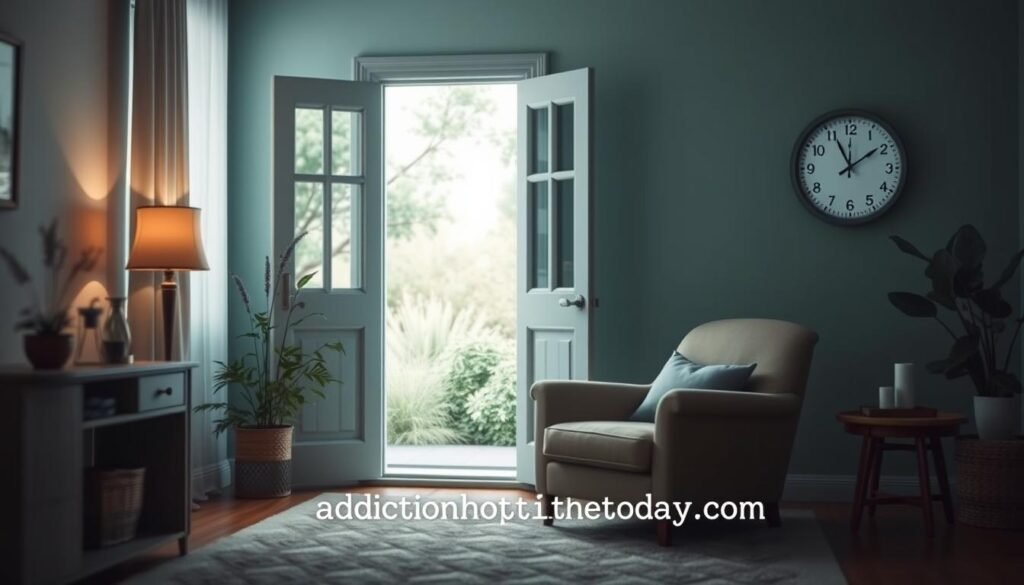
Knowing the risks of diazepam use is important. Valium, a brand of diazepam, can cause dependency. It’s used to treat anxiety, alcohol withdrawal, and seizures.
Overdose symptoms may include confusion, breathing problems, and deep sleep. Mixing diazepam with other depressants can be deadly.
| Emergency Resource | Contact Number | Services Provided |
|---|---|---|
| Emergency Services | 911 | Immediate medical assistance for life-threatening situations |
| National Suicide Prevention Lifeline | 1-800-273-8255 | Crisis support and suicide prevention |
| National Poison Control | 1-800-222-1222 | Information on drug overdoses and poisoning |
| SAMHSA Helpline | 1-800-662-4357 | Nationwide resources and referrals in English and Spanish |
Asking for help shows courage. These emergency services can guide you to recovery programs. Support is always available to help you heal and recover.
Treatment Options for Diazepam Addiction
Overcoming Diazepam addiction requires expert assistance. Recovery programs at rehab centers cater to individual needs. Let’s explore the main treatment options for Diazepam dependency.
Medical Detoxification Programs
Medical detox is vital for Diazepam addiction recovery. It safely manages withdrawal symptoms. Rehab centers with medical staff prevent seizures and other dangerous issues during detox.
This process typically lasts 7-14 days. Symptoms often peak around the second week.
Inpatient Rehabilitation Services
Inpatient rehab offers intensive care for severe Diazepam addiction. Programs usually run for 28 to 90 days. They provide constant support, addiction counseling, and therapy.
This option suits those needing a structured recovery environment.
Outpatient Treatment Plans
Outpatient care works for mild to moderate Diazepam addictions. Patients can live at home while receiving treatment. Options include intensive outpatient programs and standard outpatient care.
These plans offer flexibility for balancing recovery with daily responsibilities.
| Treatment Type | Duration | Cost Range |
|---|---|---|
| Medical Detox | 7-14 days | $250-$800 per day |
| Inpatient Rehab | 28-90+ days | $5,000-$80,000+ for full program |
| Intensive Outpatient | 30 days | $3,000-$10,000 |
| Standard Outpatient | 90 days | $1,400-$10,000 |
The best treatment depends on addiction severity and personal circumstances. Many rehab centers combine these options for tailored recovery programs.
Insurance Coverage and Financial Assistance
Health insurance often covers substance abuse treatment. This makes recovery more achievable for many people. Let’s look at ways to manage addiction therapy costs.
Verifying Insurance Benefits
Check your insurance coverage before starting treatment. Call your provider or visit their website to understand your plan. Some policies cover inpatient rehab, while others focus on outpatient services.
Knowing your benefits helps you choose the right treatment options. It also guides you in finding suitable addiction recovery tips.
Payment Plans and Options
Don’t worry if insurance doesn’t cover all costs. Many treatment centers offer flexible payment plans. These can make recovery more affordable.
- Sliding scale fees based on income
- Deferred payment options
- Financing through third-party lenders
- Scholarships or grants for treatment
Some facilities accept government-funded programs like Medicaid. Investing in your health is priceless. Don’t let money concerns stop you from seeking help.
| Payment Option | Description | Availability |
|---|---|---|
| Insurance | Partial or full coverage | Varies by policy |
| Sliding Scale | Fee based on income | Most centers |
| Payment Plans | Spread costs over time | Many facilities |
| Grants | Financial aid | Limited availability |
Start your recovery journey today. Contact a treatment center to discuss your financial options. Your path to a healthier, drug-free life begins with one call.
Finding the Right Treatment Center
Selecting an ideal treatment center for diazepam addiction is vital for recovery. Consider location, treatment type, and care level when looking for rehab facilities. These factors can greatly impact your recovery journey.
Cost is a key factor in choosing a treatment center. Outpatient detox costs $1,000 to $1,500. Inpatient rehab ranges from $6,000 to $20,000 for 30 days. Longer stays may cost up to $60,000.
Insurance can help reduce expenses significantly. Many plans cover addiction treatment, including Medicaid, Medicare, and private insurance. Some centers offer payment plans or income-based fees for those without coverage.
“The right treatment center combines quality care, affordability, and a supportive environment tailored to your needs.”
Quality care should be prioritized over cost. Look for centers with experienced staff and proven treatments. The National Drug Helpline can help find suitable rehab facilities for your needs.
- Evaluate the center’s approach to benzodiazepine addiction
- Check if they offer dual diagnosis treatment for co-occurring disorders
- Consider the center’s aftercare support and relapse prevention programs
Carefully weigh these factors to find the best treatment center. A well-chosen facility can significantly improve your chances of long-term recovery from diazepam addiction.
Support Resources and Community Programs
Recovery from diazepam addiction requires more than medical treatment. A strong support network and community resources are crucial. Let’s explore key support services for those in recovery.
Family Support Services
Family involvement is vital in recovery. Many treatment centers offer family therapy sessions. These sessions educate families about addiction and improve communication.
They also help rebuild relationships and create a supportive home environment. Family support can make a significant difference in recovery outcomes.
Aftercare Programs
Aftercare programs are essential for maintaining sobriety after initial treatment. They often include ongoing counseling and relapse prevention strategies. Many programs connect patients to sober living communities.
Mental health services are frequently part of aftercare plans. This helps address co-occurring disorders and supports overall well-being.

Support Groups and Meetings
Support groups like Narcotics Anonymous (NA) offer a space to share experiences. Participants gain strength from others in recovery. Many sober living communities host regular meetings.
These groups provide a supportive environment for residents. They can be a lifeline during tough times and help prevent relapse.
Recovery is an ongoing journey, not a final destination. Using these resources builds a strong foundation for lasting sobriety. It also improves mental health and overall well-being.
Conclusion
The diazepam addiction hotline offers hope to those struggling with benzodiazepine dependency. It provides confidential support and connects people to professional help. Recovery is possible with the right support, despite the challenges of breaking free from diazepam addiction.
Calling a diazepam addiction hotline is a courageous first step. These hotlines offer vital information about withdrawal symptoms, including anxiety and insomnia. They also guide callers toward medical detox programs for safe withdrawal management.
Recovery is an ongoing process, not a final destination. Long-term sobriety relies on continued treatment, therapy, and support groups. By reaching out to a support network, you’re taking control of your life.
Don’t wait to make that call. Your journey to recovery can start today.
FAQ
What is diazepam and how does it affect the body?
How can I recognize signs of diazepam addiction?
What services does a diazepam addiction hotline provide?
Is the information I share with a helpline confidential?
What treatment options are available for diazepam addiction?
What is diazepam and how does it affect the body?
How can I recognize signs of diazepam addiction?
What services does a diazepam addiction hotline provide?
Is the information I share with a helpline confidential?
What treatment options are available for diazepam addiction?
FAQ
What is diazepam and how does it affect the body?
Diazepam, or Valium, is a prescription sedative in the benzodiazepine class. It boosts GABA, a brain chemical that reduces activity. This leads to sedation and less anxiety.
Diazepam works well for short-term use. However, long-term use can cause dependency and addiction.
How can I recognize signs of diazepam addiction?
Signs of diazepam addiction include needing more for the same effect. Withdrawal symptoms when not using are another red flag.
Other signs are the inability to stop using and continued use despite problems. Prioritizing drug use over other activities also indicates addiction.
What services does a diazepam addiction hotline provide?
The National Drug Helpline (844-289-0879) offers free, confidential support 24/7. They provide info about benzodiazepine use and addiction.
Hotline services include guidance on treatment options and support for families. They also refer callers to local resources for benzodiazepine addiction treatment.
Is the information I share with a helpline confidential?
Yes, all information shared with a diazepam addiction hotline is kept private. Operators respect your privacy and offer judgment-free support.
You can safely discuss your concerns without fear. Your information will not be shared with others.
What treatment options are available for diazepam addiction?
Treatment options include medical detox (0-0 per day) and intensive outpatient care (,000-,000 for 30 days). Outpatient care costs
FAQ
What is diazepam and how does it affect the body?
Diazepam, or Valium, is a prescription sedative in the benzodiazepine class. It boosts GABA, a brain chemical that reduces activity. This leads to sedation and less anxiety.
Diazepam works well for short-term use. However, long-term use can cause dependency and addiction.
How can I recognize signs of diazepam addiction?
Signs of diazepam addiction include needing more for the same effect. Withdrawal symptoms when not using are another red flag.
Other signs are the inability to stop using and continued use despite problems. Prioritizing drug use over other activities also indicates addiction.
What services does a diazepam addiction hotline provide?
The National Drug Helpline (844-289-0879) offers free, confidential support 24/7. They provide info about benzodiazepine use and addiction.
Hotline services include guidance on treatment options and support for families. They also refer callers to local resources for benzodiazepine addiction treatment.
Is the information I share with a helpline confidential?
Yes, all information shared with a diazepam addiction hotline is kept private. Operators respect your privacy and offer judgment-free support.
You can safely discuss your concerns without fear. Your information will not be shared with others.
What treatment options are available for diazepam addiction?
Treatment options include medical detox ($250-$800 per day) and intensive outpatient care ($3,000-$10,000 for 30 days). Outpatient care costs $1,400-$10,000 for 90 days.
Residential treatment ranges from $5,000-$80,000+ for 30-90 days. The best approach depends on addiction severity and individual needs.
Does insurance cover benzodiazepine addiction treatment?
Many health insurance policies partly cover benzodiazepine addiction treatment. Coverage depends on your specific policy, including deductibles and co-payments.
Check your insurance benefits with your provider or a treatment center for details.
What should I do in case of a diazepam overdose?
For a diazepam overdose or life-threatening emergency, call 911 right away. You can also contact National Poison Control at 1-800-222-1222.
Quick action can save lives in overdose situations. Don’t hesitate to seek help immediately.
Are there support resources for families affected by diazepam addiction?
Yes, many resources help families affected by diazepam addiction. These include family counseling, support groups, and educational programs.
The National Council on Alcoholism and Drug Dependence (1-800-622-2255) offers guidance. Drugfree.org (855-378-4373) also provides resources for families dealing with addiction.
How effective is treatment for diazepam addiction?
Diazepam addiction treatment can be very effective with a comprehensive approach. This usually includes detox, therapy, support groups, and ongoing aftercare.
Longer treatment and active participation improve success rates. Remember, recovery is a journey that needs ongoing support.
,400-,000 for 90 days.
Residential treatment ranges from ,000-,000+ for 30-90 days. The best approach depends on addiction severity and individual needs.
Does insurance cover benzodiazepine addiction treatment?
Many health insurance policies partly cover benzodiazepine addiction treatment. Coverage depends on your specific policy, including deductibles and co-payments.
Check your insurance benefits with your provider or a treatment center for details.
What should I do in case of a diazepam overdose?
For a diazepam overdose or life-threatening emergency, call 911 right away. You can also contact National Poison Control at 1-800-222-1222.
Quick action can save lives in overdose situations. Don’t hesitate to seek help immediately.
Are there support resources for families affected by diazepam addiction?
Yes, many resources help families affected by diazepam addiction. These include family counseling, support groups, and educational programs.
The National Council on Alcoholism and Drug Dependence (1-800-622-2255) offers guidance. Drugfree.org (855-378-4373) also provides resources for families dealing with addiction.
How effective is treatment for diazepam addiction?
Diazepam addiction treatment can be very effective with a comprehensive approach. This usually includes detox, therapy, support groups, and ongoing aftercare.
Longer treatment and active participation improve success rates. Remember, recovery is a journey that needs ongoing support.
